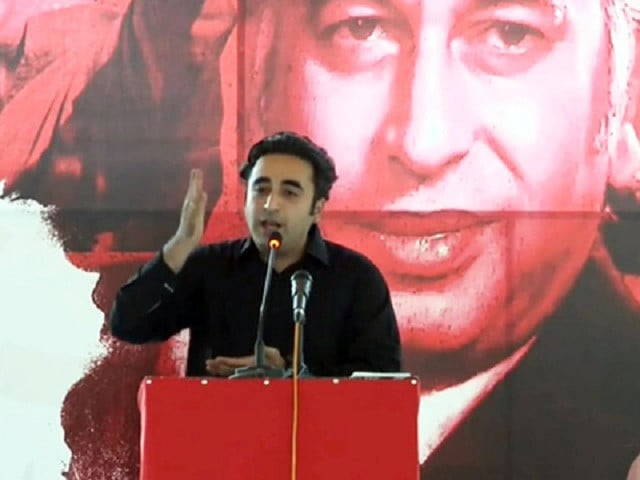New district unveils two fates for ruling party
If dealt right, Keamari district could offer PPP great political advantage in the region and beyond

The creation of a new district in Karachi appears to have taken the form of a double-edged sword for the ruling Pakistan People’s Party (PPP).
On one end, it hints at a possible increase in the party’s number of national and provincial seats in Sindh’s capital. While, on the other, it leaves upon PPP the onus of uplifting the living conditions of several villages that have long dwelled in destitution.
Securing approval of the Sindh cabinet, the seventh district of Karachi was greenlit to be established in Kemari, in August of 2020. It was carved out from the limits of District West and District Council Karachi, and comprised four subdivisions: Mauripur, Harbour, Baldia and Site.
Prior to August of 2020, the metropolis had six districts including East, West, South, Central, Malir and Korangi. However, owing to the emergence of the new district, a large rural area comprising over two dozen villages has come under the authority of the urban municipal administration. These villages were earlier part of District Council Karachi, a separate body working for development of the city’s rural regions, which include parts of Malir, Gadap and West districts. Whereas, the rest of the city, considered urban, is administered by the Karachi Municipal Corporation.
The new Kemari district has been formed through bifurcation of District West; in addition to a Sindh government imposed merger of three union councils comprising Kemari’s rural areas including Union Council Mawach, Gabo Pat and Lal Bakhar. These were earlier part of the District Council, Karachi.
Malir Deputy Commissioner Ganwhar Khan Laghari, who is also looking after administrative affairs of the District Council, confirmed that these three union councils are no longer part of the District Council. “All the rural areas of these three union councils have now came under control of municipal administration of the new district, Keamari,” he corroborated.
Keamari’s plight
Dr Murtaza Khuhro, a bureaucrat-turned politician and rights activist, who is striving for public welfare in the new district, said that creation of new the district has increased challenges and responsibilities for the Sindh government the ruling PPP as well. According to him he has personally witnessed that people of rural areas in Keamari are living in most deplorable of conditions.
A couple of months ago while roaming in the area of Mauripur and UC Gabo Pat, Khuhro noticed villages of Deh Mann, Deh Allah Banno and Deh Mendiari to have taken the shape of a living nightmare in absence of the most basic of amenities. “Animals and villagers all drink from the same rain-fed ponds, 95 per cent of people live in one-room houses, and most of the villages there have no access to education, healthcare, transport, electricity or water,” he said.
Plans for redressal
Deputy Commissioner of the newly formed district, Mukhtiar Abro told the Express Tribune that district administration has been trying its best to improve living conditions of these people. He said that his priority will be development of infrastructure to ensure health and education facilities in the rural regions.
Read More: Senate chairman case: IHC directs PPP counsel to submit decisions of various courts
In addition to that, he said that the district administration was also working on development of small dams in these areas to provide drinking water to all villagers. According to him, the district administration has also planned to provide water supply to these villages through Karachi Water and Sewerage Board’s water lines. “I have personally written to a cellular company and requested them to set up network towers here too,” he claimed.
Meanwhile, the Sindh government has reserved separate funds for the new district in the current fiscal year’s provincial budget. It has allocated millions of rupees for several development schemes for Keamari district, out of which some 19 of them are related to water supply and drainage.
The budget also includes different development schemes for road infrastructure in the new district . The government has allocated Rs395 million in the current budget as well, for construction of a road from Gul Bai to Y-Junction, which was approved in June last year. Total cost of the project is valued at Rs1,412 million, while work on this scheme was started last year with Rs1,017 million.
Published in The Express Tribune, August 4th, 2021.


















COMMENTS
Comments are moderated and generally will be posted if they are on-topic and not abusive.
For more information, please see our Comments FAQ